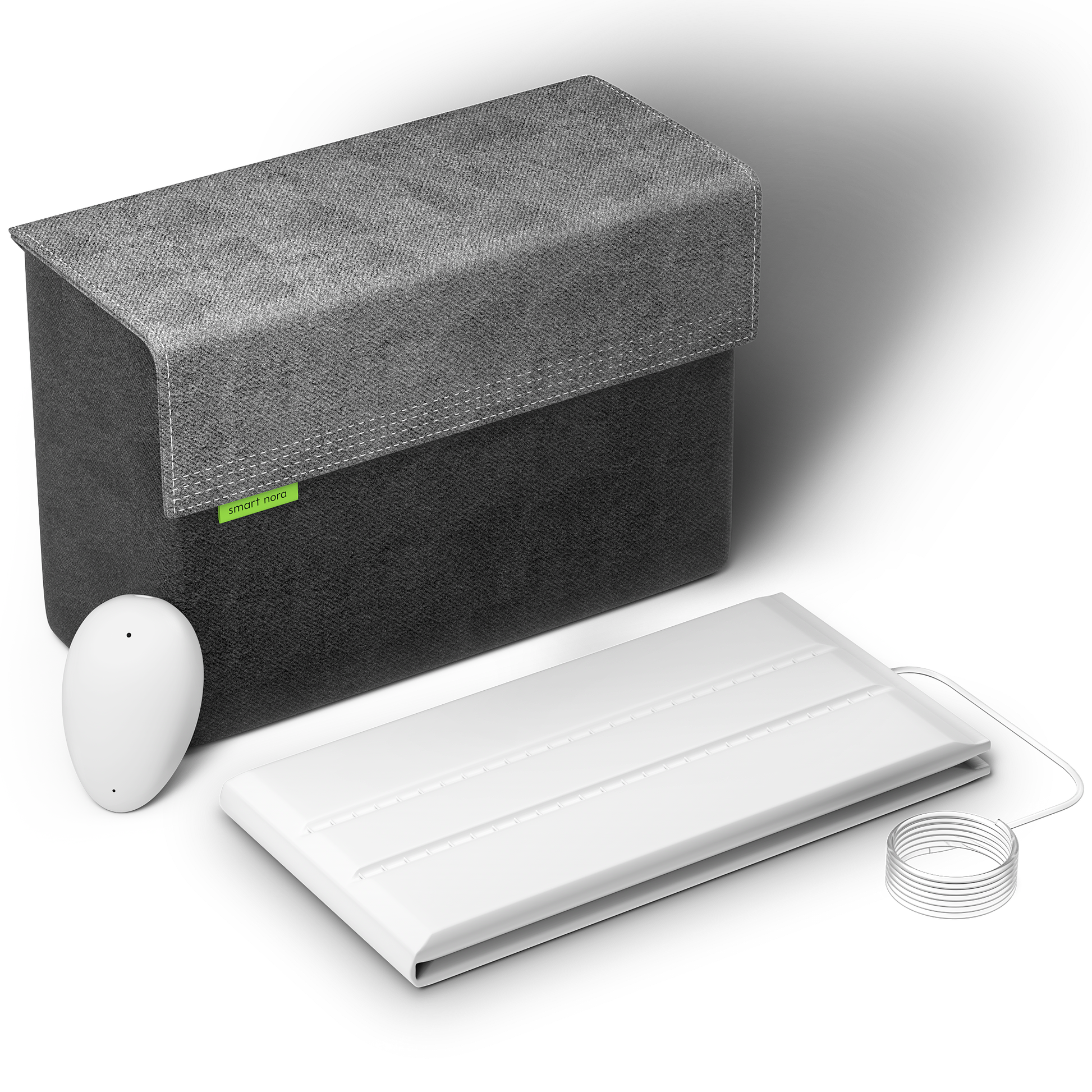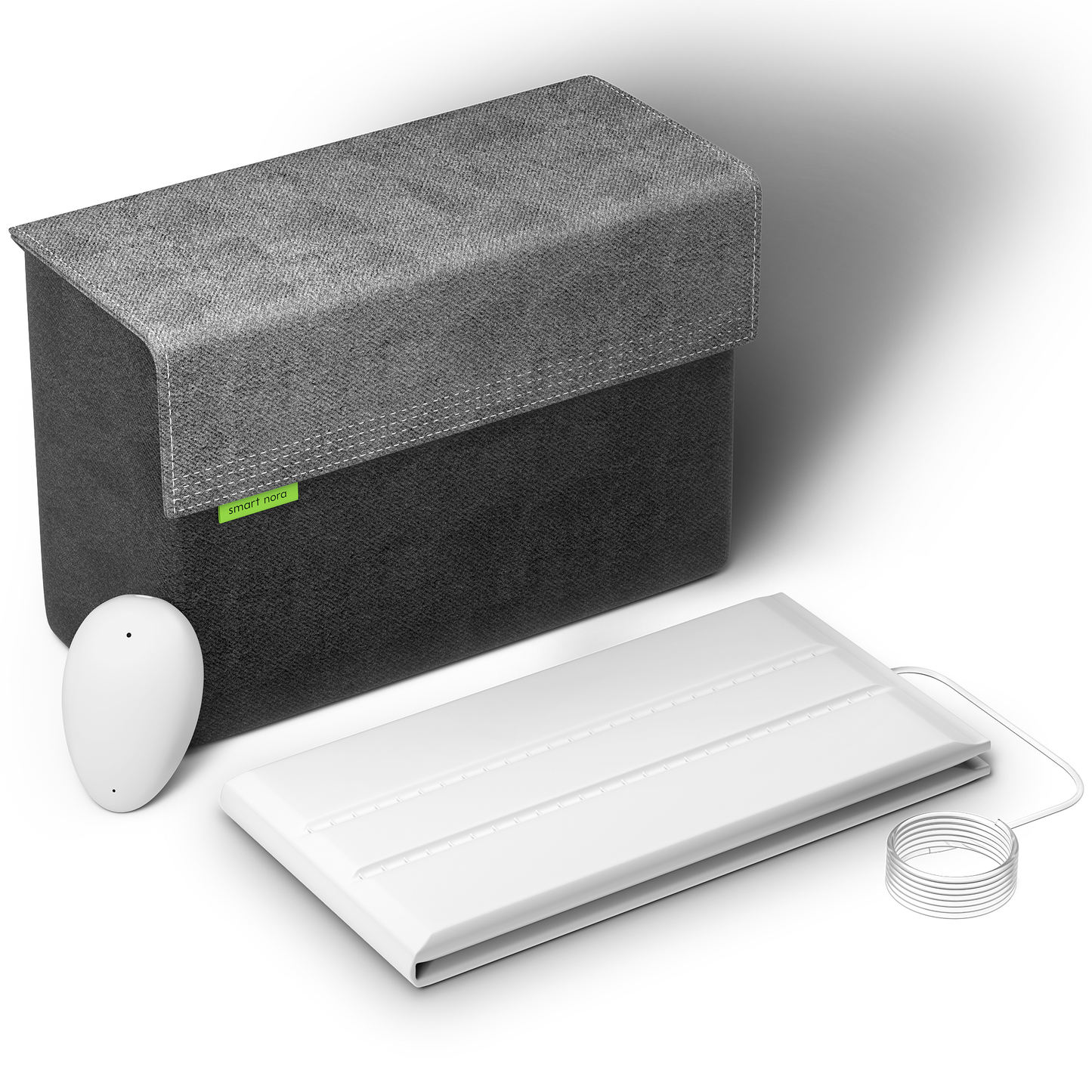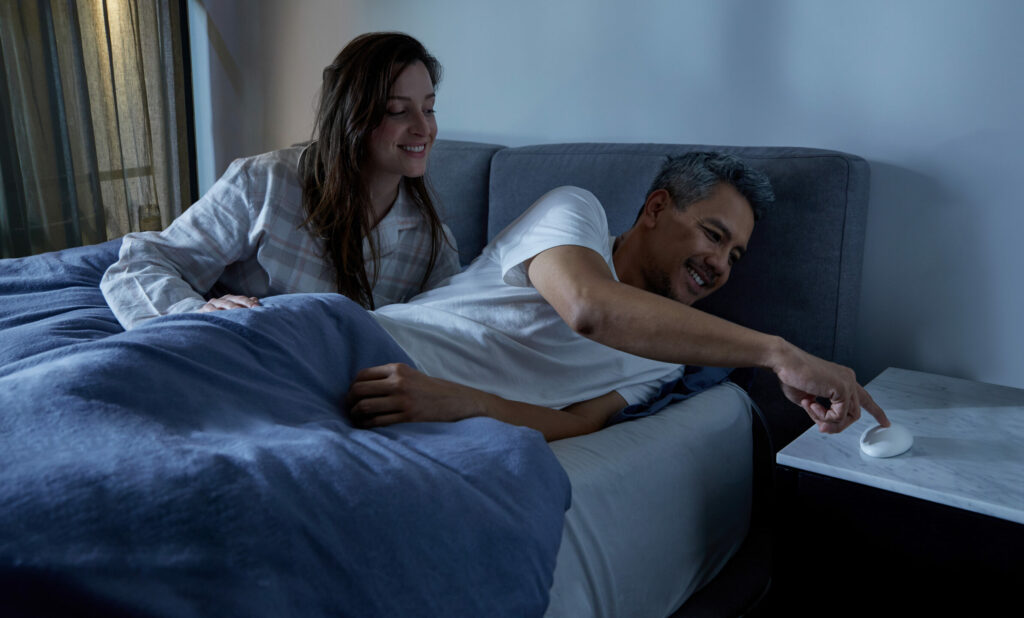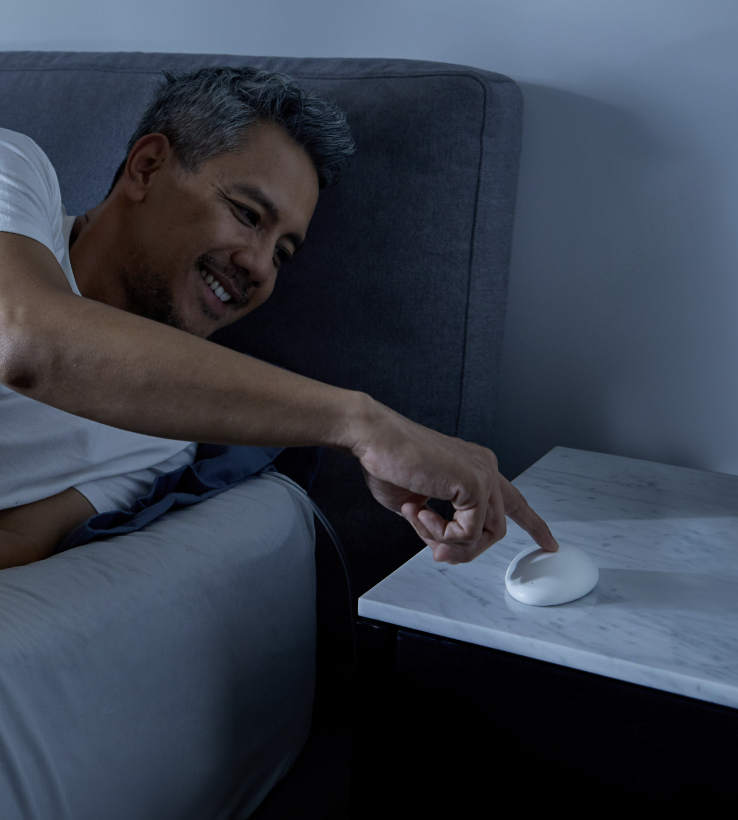
Do you suspect you may be suffering from a sleeping disorder like sleep apnea? Are there some signs that your quality of your sleep is being altered by some sort of sleep problem? Many people are at grips with disrupted and troubled sleep. Finding out what you are suffering from is the first step to getting the help and treatment you need.
Good sleep is not something we can live without.
There’s an easy way to find out if you or your partner have sleep apnea. The STOP-Bang questionnaire will give you your STOP-Bang score, which will let you know if you suffer from sleep apnea or if you are at risk for it. Despite that you should always consult with your doctor.
What is the STOP-Bang Score
People from all walks of life can be afflicted with sleep apnea. Shaq O’Neil, the famous NBA player, has sleep apnea and was evaluated by Harvard Medical School after his partner mentioned that he would stop breathing during the night.
We probably can’t all be followed by a team of doctors from the Harvard Medical School, like Shaq. But there are ways to determine if you are one of the millions of sleep apnea sufferers.
The STOP-Bang questionnaire was developed by anesthesiologist Dr. Frances Chung to determine if his pre-operative patients were at risk of having sleep apnea.
“...one of the biggest challenges for anesthesiologists dealing with OSA patients is that most don't even know they suffer from it—90% of sufferers are undiagnosed. With that lack of awareness in mind, Chung devised the STOP-Bang method—a brief questionnaire that is now used in many preoperative clinics and sleep labs worldwide.”
The STOP-Bang questionnaire is an easy and reliable screening tool to help determine if someone is at risk for sleep apnea. This is essential information for doctors like Dr. Chung who must administer anesthetics. Medication dosage is calculated according to the patient’s risk of having sleep apnea or not.
The STOP-Bang Score is given to you after you answer a simple questionnaire. The quiz assesses your answers and tells you if you are low-risk, moderate-risk, or high-risk for obstructive sleep apnea.
A study showed that the STOP-Bang questionnaire is a helpful and reliable tool to assess patients at risk for sleep apnea.
STOP-Bang Questionnaire
The STOP-Bang questions are easy to answer and take only a few minutes to answer. Answer these questions or go to the STOP-Bang website test screening page.
Snoring
Do you snore? Do you snore loud enough to be heard through closed doors or loud enough to disturb your partner?
- YES
- NO
Tired
Do you often feel tired, fatigued or sleepy during the daytime?
- YES
- NO
Observed
Has anyone observed you stop breathing, choking or gasping while you were sleeping?
- YES
- NO
Pressure
Are you being treated for high blood pressure?
- YES
- NO
Body Mass
What is your Body Mass Index (BMI)?
If you don't know try this calculator
- Less than 25
- Greater than 25
- Over 30
- Over 35
Age
Are you older than 50?
- Yes
- No
Neck Size
Is your neck size larger than 43cm if male or 41cm if female? Hint: To obtain an accurate measurement, measure around your Adam’s apple OR answer Yes if your collar size is greater than XL.
- YES
- NO
Gender
Are you male?
- YES
- NO
Results
Taken from the STOP-Bang website,
Property of the University Health Network
What Is Obstructive Sleep Apnea
Now that you have your assessment and think that you may be having sleep apnea episodes, let’s take a look at what sleep apnea is.
Obstructive sleep apnea is a sleep disturbance that is usually not life-threatening but should definitely be taken care of. If left untreated, it can affect the quality of your sleep and leave you sleep deprived.
Obstructive sleep apnea is when you have short periods of pauses in your breathing while you sleep. These short periods normally are longer than 10 seconds and usually no more than 30 seconds. This can be a little scary for your partner to witness.
Obstructive sleep apnea is caused by your tongue or other soft tissue obstructing your airway while you sleep. This causes a diminished airflow and may cause you to snore and stop breathing. Breathing always resumes but may cause your body to react by raising your heart rate, waking you up, and bringing you out of deep sleep.
Restful nights of sleep are essential to lead productive lives. When we don’t sleep well we can feel tired during the day, unmotivated, and unproductive. Sleep apnea can also lead to more important health issues like risk of stroke, diabetes, weight gain, and depression.
People who suffer from sleep apnea usually have diminished quality of sleep because they tend to wake up more often during the night than people who don’t have the disorder. Obstructive sleep apnea is oftentimes accompanied by snoring which can disturb your partner and even disrupt your sleep pattern. Lack of deep sleep can have you feeling groggy in the morning and keep you from having a productive day.
What Are the Signs of Sleep Apnea
You may suspect that you are suffering from sleep apnea if you experience any of these symptoms:
- You snore regularly and loudly
- You wake up choking or coughing
- You wake up groggy
- You experience concentration problems during the day
- You are often irritable
- You are sleepy during the day
- You have unexplained headaches
What’s Next
You probably have a good enough idea that you or your partner are suffering from some type of sleep disorder if you are reading this article, right? Now that you’ve taken the quiz and are armed with your STOP- Bang score you can print out the questionnaire and your score and bring the results to your doctor.
Your doctor will assess the answers and ask you more questions about your sleep habits. He or she will then determine if you should see a sleep specialist to get appropriate treatment for your sleep apnea.
Often a sleep study will be needed to get to the bottom of your obstructive sleep apnea. Sleep studies can be done in sleep labs or hospitals, but can also be ordered online and done in the comfort of your own home.
Sleep apnea is not curable, but of course, physical features like carrying extra weight will affect the severity of the sleep disorder. Sleep apnea is, however, treatable with a variety of treatment programs.
The most popular treatment option for obstructive sleep apnea is positive air pressure therapy (PAP). These machines deliver regular pressurized air to your lungs while you sleep so that your airways can stay open. This therapy usually also reduces snoring. PAP therapy needs to be prescribed by a doctor.
Other less invasive and less expensive solutions come in the form of mouthguards, tongue retainers, and nose guards. These normally don’t need a prescription and are generally not as effective as the PAP therapy treatment. The treatment prescribed will depend on the severity of your sleep apnea.
There are millions of obstructive sleep apnea sufferers and there are numerous treatments to tackle the sleep disorder. Send this article to friends or family members who you think may be at risk for sleep apnea.











